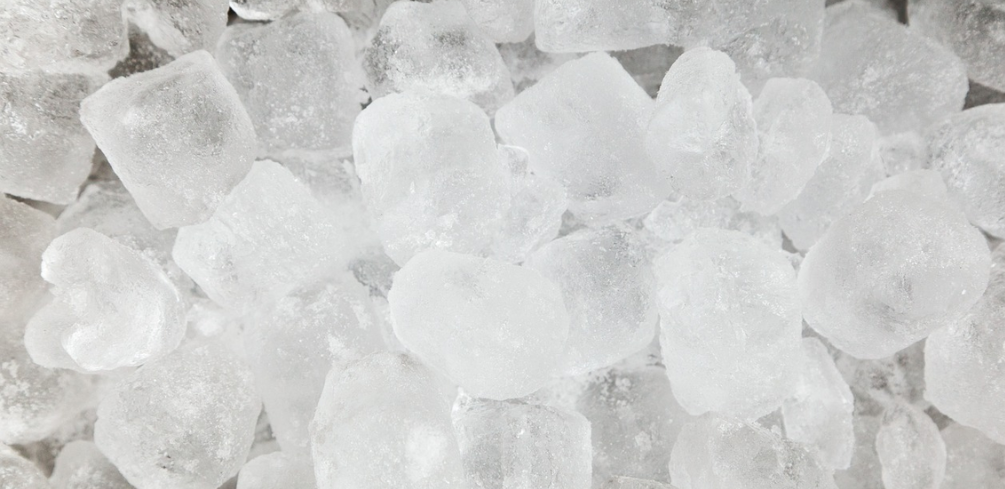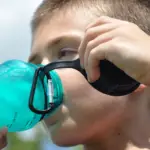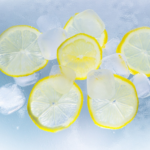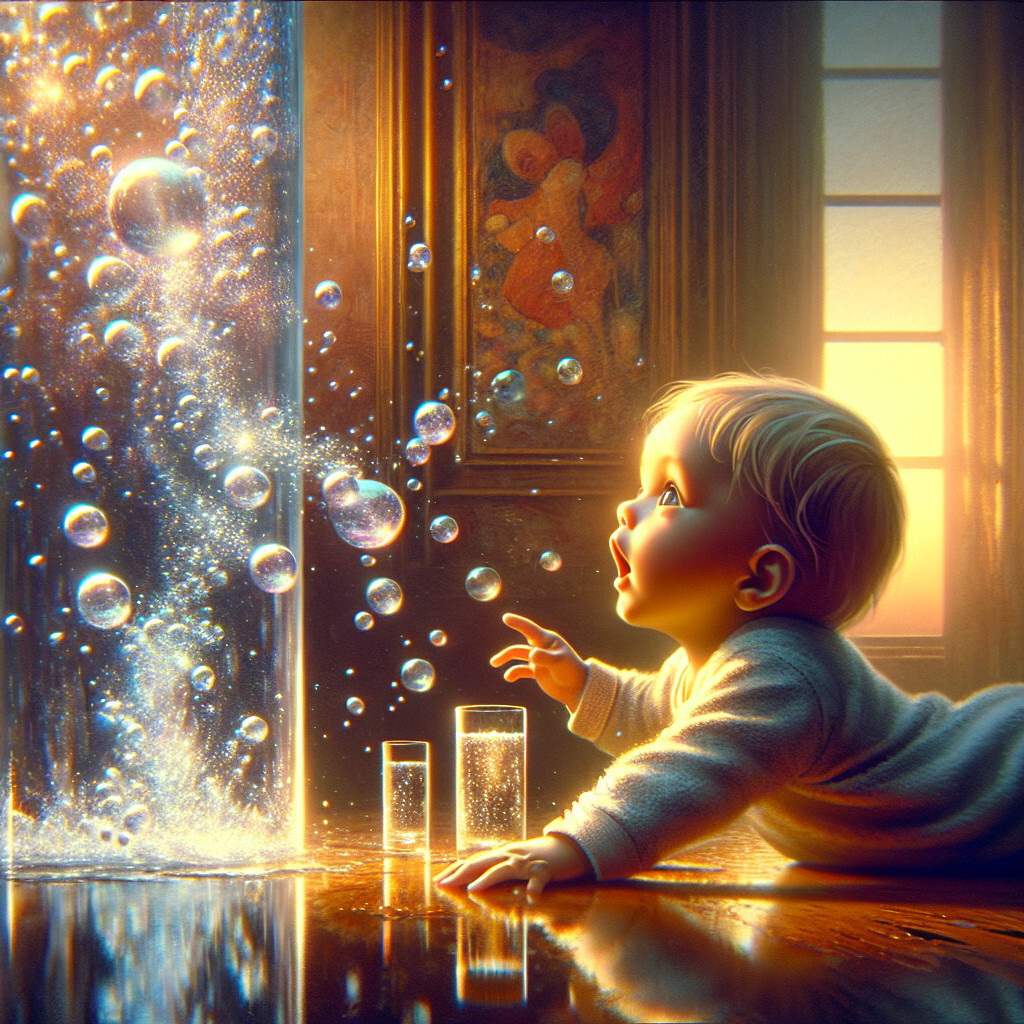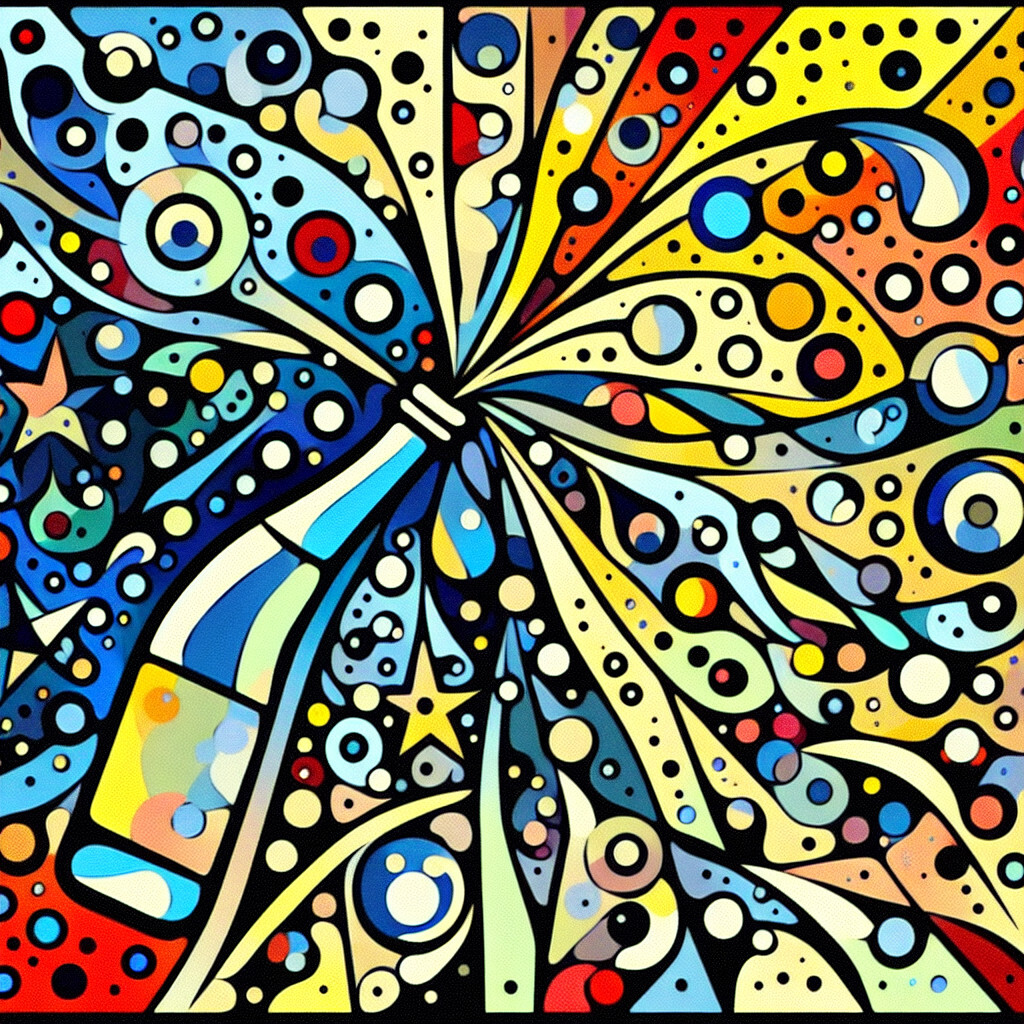Amazon Affiliate Disclaimer
As an affiliate, we earn from qualifying purchases. We get commissions for purchases made through links in this post.
Can You Freeze Carbonated Water?
It’s common knowledge that water can be frozen. What is not so apparent to most people is whether or not carbonated water can be frozen. You should be aware that not all forms of water share the same characteristics. For instance, there are notable distinctions between carbonated water and regular tap water.
In short, you need to know that not all water is amenable to freezing. But can you freeze carbonated water, and how do you do it correctly?
Freezing Carbonated Water
Carbonated water has many names, but the most common ones are soda water, fizzy water, and sparkling water. All these terms are meant to emphasize the similarity between carbonated water and soda in terms of the carbonization that both contain. Water that has carbon dioxide gas dissolved into it at a moderate pressure is called carbonated water.
When water freezes, it changes from a liquid to a solid, which causes the molecules of the water to stop moving around and cause the water to expand. When placed in the freezer, water will grow by about 9 percent.
The expansion rate of carbonated water is similar to that of regular water. Still, tiny carbon dioxide bubbles can result in peculiar expansion patterns that can become problematic when attempting to freeze the water in tight containers. The most common issue is that people try to freeze carbonated water in the original container, even though there is no good reason to do so.
The fact of the matter is that very few of these containers are designed to accommodate the erratic expansion that carbonated water will go through when it is placed in the freezer, and what’s even worse is that many people will place sealed containers of carbonated water into the freezer.
The lack of space for expansion combined with the pressurized environment created by the sealed container is a recipe for disaster and will result in an exploding soda can. However, this is only one of the issues associated with freezing carbonated water.
Aside from being extra careful to leave room for the water to expand as it freezes, water can be frozen in the freezer just like any other liquid. Handling the carbonated water after removal from its container is always advisable.
How Should Carbonated Water Be Stored?
If you need to chill it, place your carbonated water in the refrigerator with room for expansion. If you do this, the next time you feel thirsty, you’ll already have a refreshing beverage waiting to sip. Sealed containers can be stored at room temperature instead of the fridge if you’re short on space.
When Frozen, Do Carbonated Drinks Lose Their Fizz?
Unfortunately, the answer is yes. The fizz in carbonated drinks is eliminated when they are frozen and thawed. You can hear the hiss of the CO2 escaping from the ice when you crack open a seltzer bottle right before it freezes solid.
While carbonated drinks like soda water and soft drinks will lose most of their fizz during the two-step process of freezing and thawing, they will transition to ice just as well as plain water.
Even though carbonated water freezes similarly to plain water, it loses much of its fizz. This means that you should only put it in the freezer if you plan to use it in its solid form. Otherwise, you will be left with flat carbonated water.
How Should Carbonated Water Be Frozen?
It is not too challenging to freeze carbonated water once you know what to look for. Whether you want to freeze the entire drink or make ice cubes out of it, you’ll want to freeze it differently.
Regardless of your method, the first step is determining the container height you intend to use to store the carbonated water in the freezer. Once you have your measurements, you’ll want to take off 10% to get the actual height you’ll be pouring the carbonated water.
At this point, you can permanently mark the tray or container, but if you’re confident in your memorization skills, you can skip that step. Be careful not to overfill the container, or else you’ll have a mess to clean up.
Next, fill the container with carbonated water to the specified level. Any remaining carbonated water can be used immediately, or you can transfer it to a new container and store it in the freezer if you prefer.
If you’ve left enough room for the ice to expand when freezing carbonated water, you won’t have to worry about it thawing again.
You should recheck the water after about an hour, but you shouldn’t do so earlier because the water won’t freeze. Because most of the beverage is still water and there is not enough carbon dioxide to significantly alter the time it will take to freeze, carbonated water still freezes at the standard freezing temperature.
If you’ve done everything correctly, your carbonated water will stay frozen without any risks of container explosions.
Remember that you can always make more ice cubes or pour more liquid into a container. Therefore, if you miscalculate the expansion amount, you can add more carbonated water.
FAQ
Will Frozen Sparkling Water Explode?
Frozen sparkling water can expand and potentially cause the container to burst if not properly stored. It is important to leave enough headspace in the container to allow for expansion. It is also recommended to store frozen sparkling water in a plastic or glass container, as metal containers can crack in extreme cold temperatures.
Can You Make Sparkling Water Ice Cubes?
Yes, you can make sparkling water ice cubes. To make them, simply fill an ice cube tray with sparkling water and place it in the freezer. Once the sparkling water ice cubes are frozen, you can use them to keep your drinks cold without diluting them.
How to Make Carbonated Water Ice Cubes?
To make carbonated water ice cubes, fill an ice cube tray with carbonated water and place it in the freezer. The freezing point of carbonated water is lower than that of pure water, so it will freeze at a higher temperature. It’s important to note that carbonated water ice cubes may lose some carbonation during freezing, but will still keep your drinks cold without diluting them.
What Is The Freezing Point of Carbonated Water?
The freezing point of carbonated water is lower than that of pure water due to the dissolved carbon dioxide. Carbonated water can freeze at a temperature between -0.5 and -2 °C (31 and 28.4 °F) depending on the pressure and amount of dissolved CO2. It’s important to note that carbonated water will freeze at a higher temperature than non-carbonated water and the carbonation will be lost when it’s frozen.
Can You Put Hard Seltzer in The Freezer?
It is possible to put hard seltzer in the freezer, but it is important to keep an eye on the container as it freezes. As the liquid freezes, it will expand, so it is important to leave enough headspace in the container to prevent it from bursting. Hard seltzer should be stored in a plastic or glass container, as metal containers can crack in extreme cold temperatures.
How Long Can You Put The Seltzer in The Freezer?
It is safe to put seltzer in the freezer for an extended period of time, but the carbonation may decrease over time. The ideal time for storing seltzer in the freezer would be around 2-3 months. It is recommended to check the container periodically as the liquid may expand and can cause the container to burst.
Final Thoughts
When water freezes, it expands by about 9%. It makes no difference how much-carbonated water expands. Although the carbonated bubbles lead to peculiar expansion patterns, they have a negligible effect.
Carbonated water can’t expand inside a sealed, pressurized container. That’s why when a can of soda is left in the freezer and thaws, it will explode and spill its contents all over the floor. If you want to freeze carbonated water without making a mess, ensure the container is not complete and has a loose lid.
Leaving carbonated drinks in their original containers is the simplest way to freeze them but always ensure that the containers are not completely full. Don’t put carbonated water in glass containers and freeze them. Its expansion could cause enough pressure to shatter the glass, leaving you with a safety hazard and one less drinking vessel.
Read also:
- baby on sparkling water
- baby loves sparkling water

- sparkling water in babies

- giving baby sparkling water

- sparkling water for child

- does sparkling water affect breastfed baby

Please be careful and use at your own risk
None of the authors, contributors, administrators, or anyone else connected with Water Exotic, in any way whatsoever, can be responsible for your use of the information contained in or linked from these web pages.

